War and Peace by Leo Tolstoy
Of course, War and Peace was going to be the first choice. This Russian epic is often used as shorthand for “enormous, unreadable book” but the ironic thing about War and Peace is just how readable it actually is. With new and engaging English translations to pick from, War and Peace is a ripping, engaging narrative of family struggle and political intrigue at a fascinating time in Russia’s history.
If you need convincing, watch the recent BBC miniseries starring Paul Dano and you’ll then be entirely convinced that this enormous book is well worth your time.



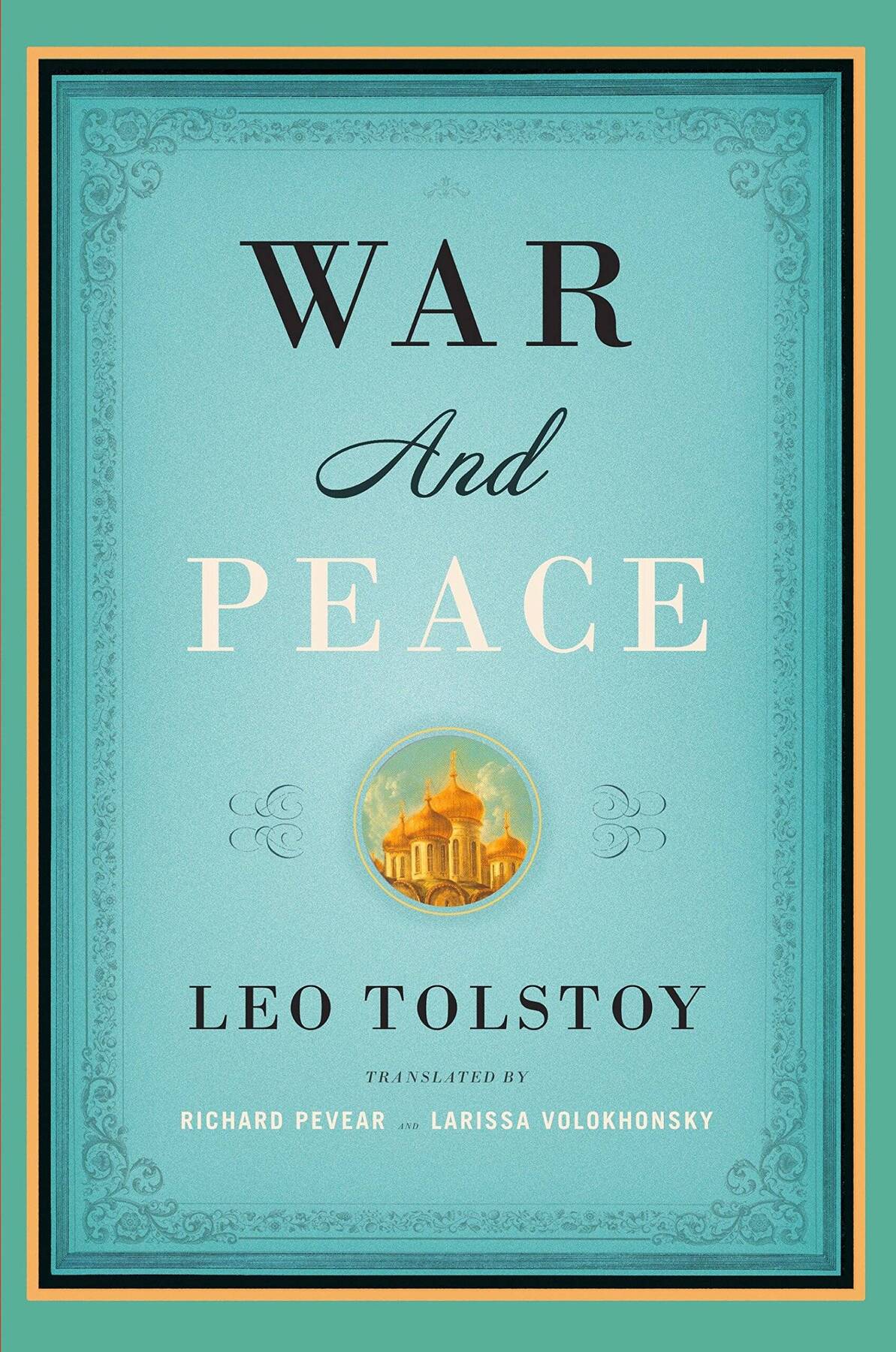
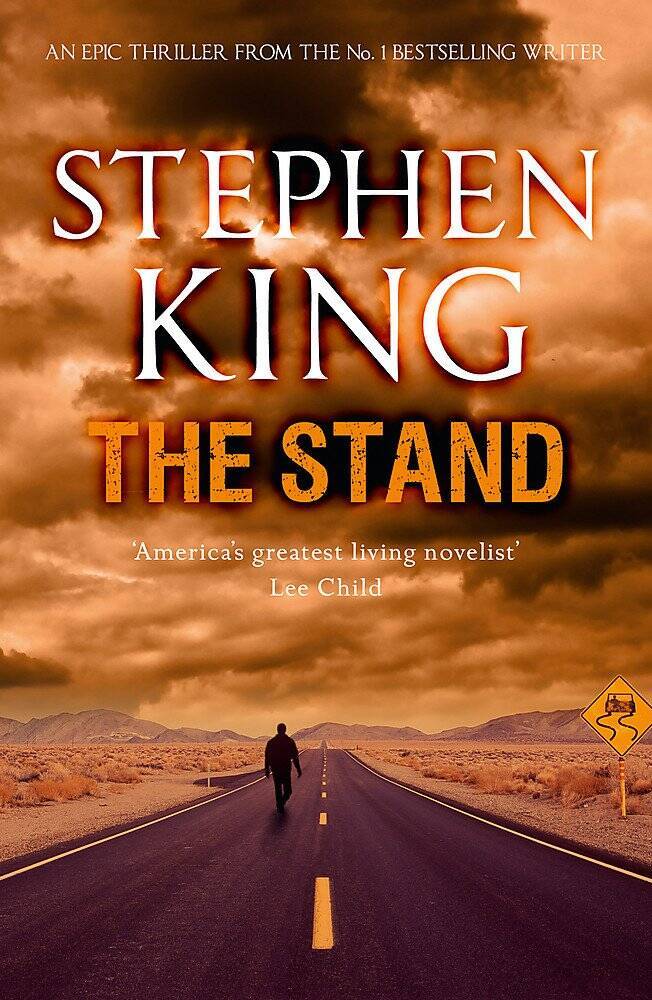
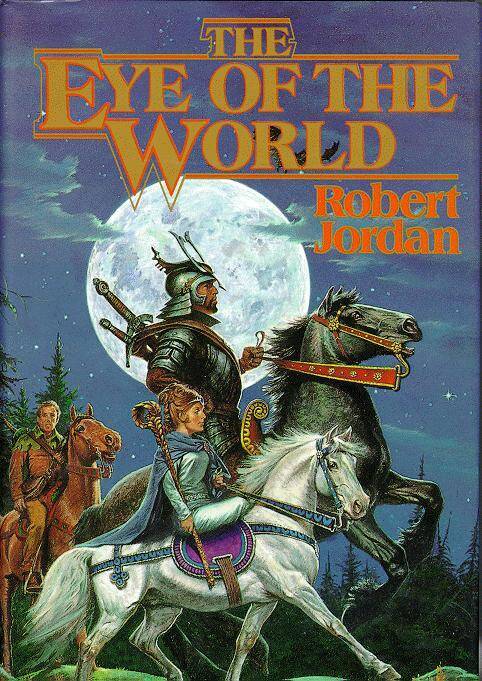
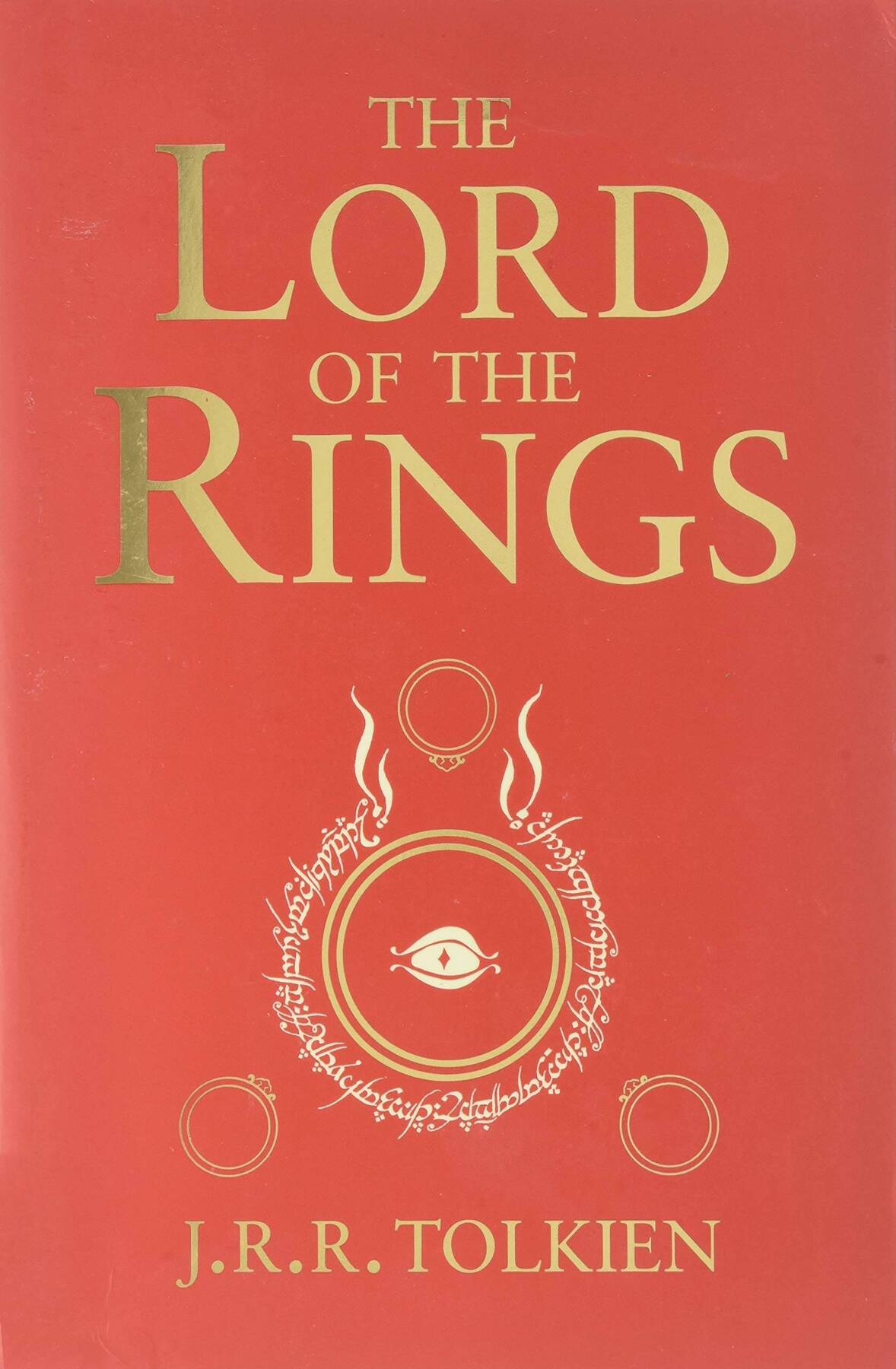
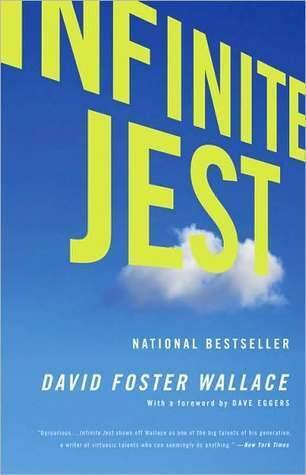
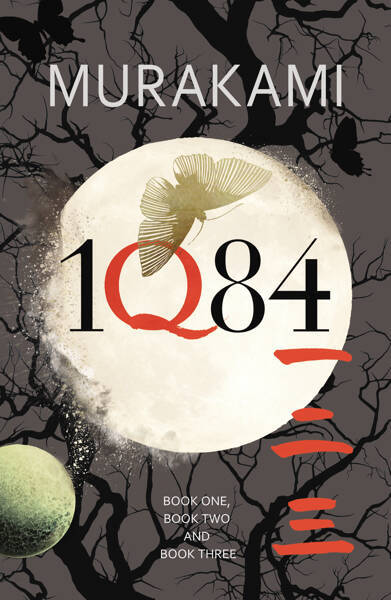
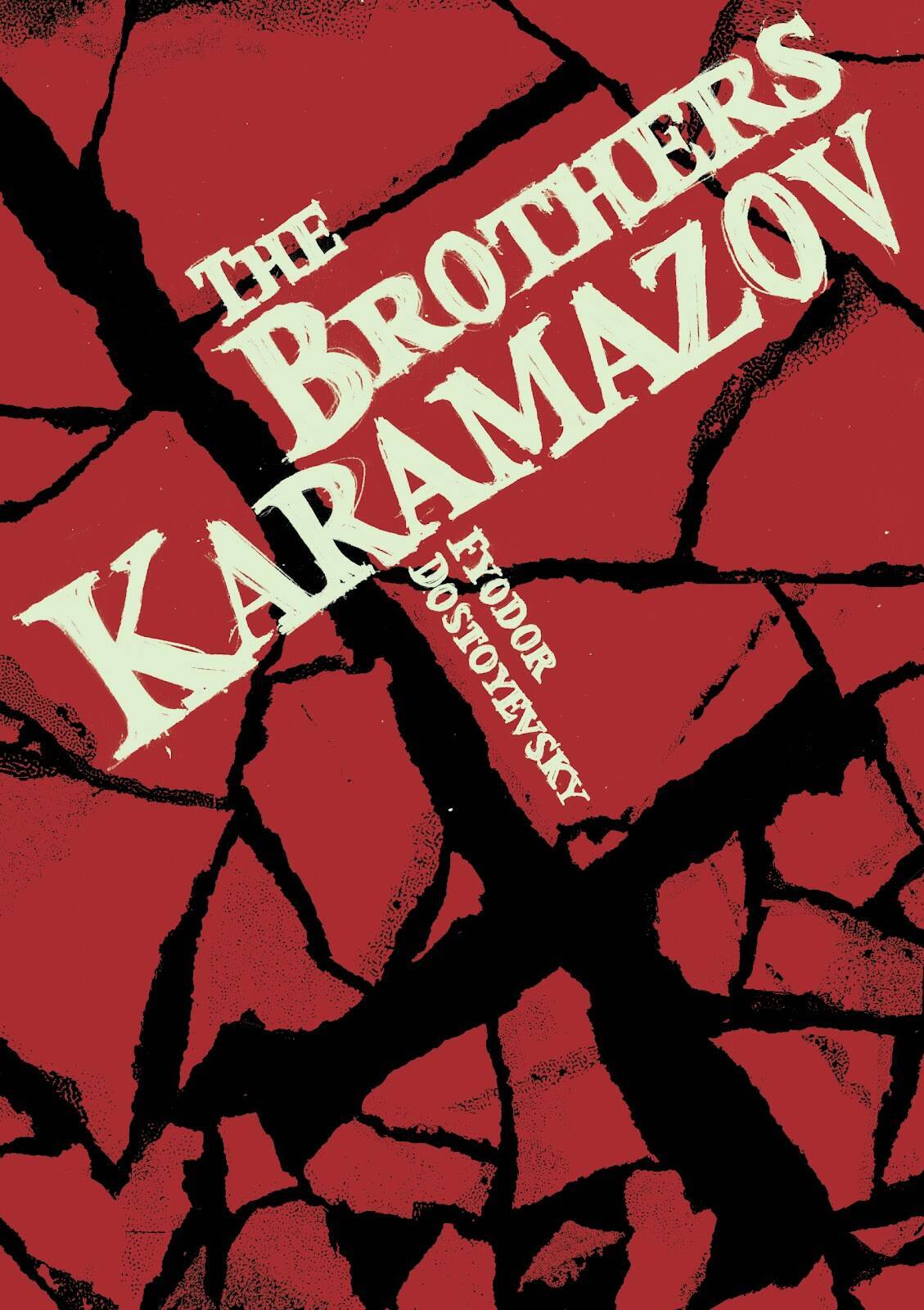
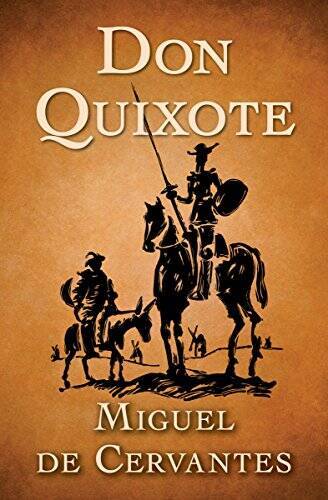
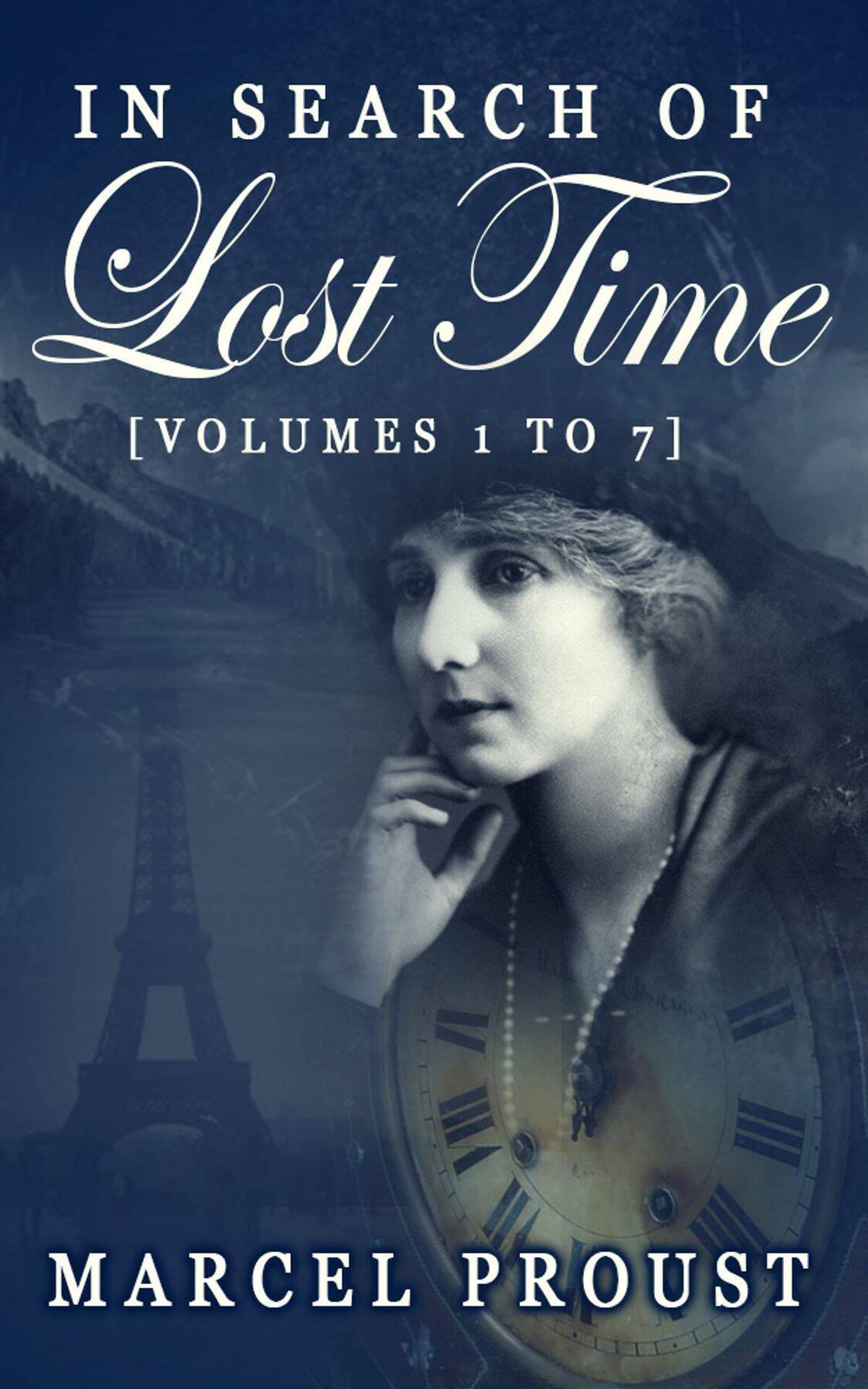
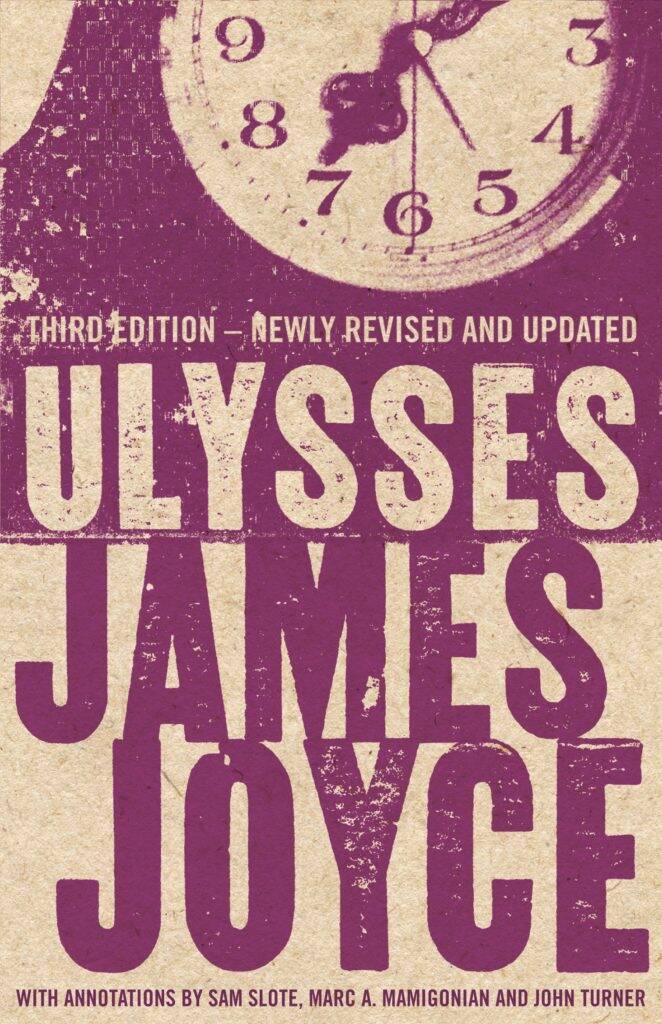







Comments